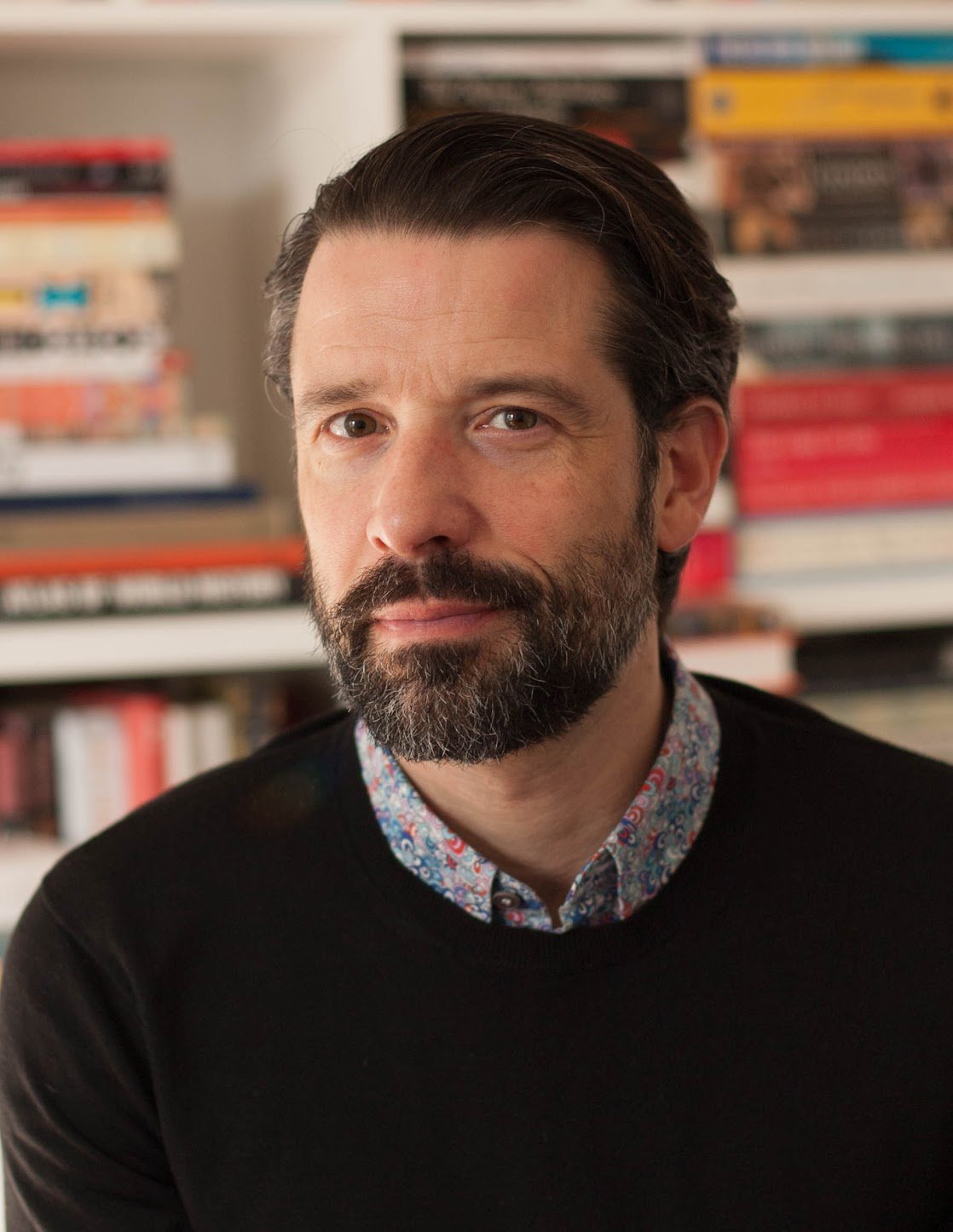
Subgrantee Group
The Purpose of Belief: Optimism and the Adaptive Consequences of Scientific and Religious Meaning-Making Systems
Principal Investigators: Michael Price, Brunel University London and Dominic Johnson, University of Oxford
This project involves two primary activities – a quantitative cross-cultural study and a synthetic book – investigating the theory that one of religiosity’s adaptive functions is to generate optimism (i.e., positive expectancies about oneself, one’s group, and the future) in the face of important challenges. Prior research indicates that optimism is (1) an adaptive motivational mechanism which increases one’s likelihood of achieving goals, and (2) a positive correlate of religiosity, at least in majority-Christian U.S. samples. Although this existing preliminary evidence is consistent with the theory that religiosity functions as (among other things) a ‘biocultural optimism-production system’ (the BOPS theory), much more work remains to be done to assess the extent to which adaptive associations between religious beliefs and optimism (1) can be observed cross-culturally and historically, and (2) represent causal mechanisms (i.e., that religion generates optimism which in turn enhances performance). The project’s global quantitative study will test (among other hypotheses) whether optimism is more positively and causally related to religious beliefs than to scientific beliefs, using a large and diverse cross-cultural sample of 54,000 participants drawn from 54 countries. The project’s synthetic book will examine optimism’s association with religious beliefs – and with scientific and other kinds of secular beliefs – in real world cases of groups facing severe collective action problems, crises, and conflict. Our methodological and empirical pluralism allows us to test the BOPS theory via experimental, survey, and case study approaches, and we will disseminate results across academic fields, in both academic journal article and book format.


